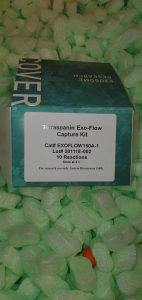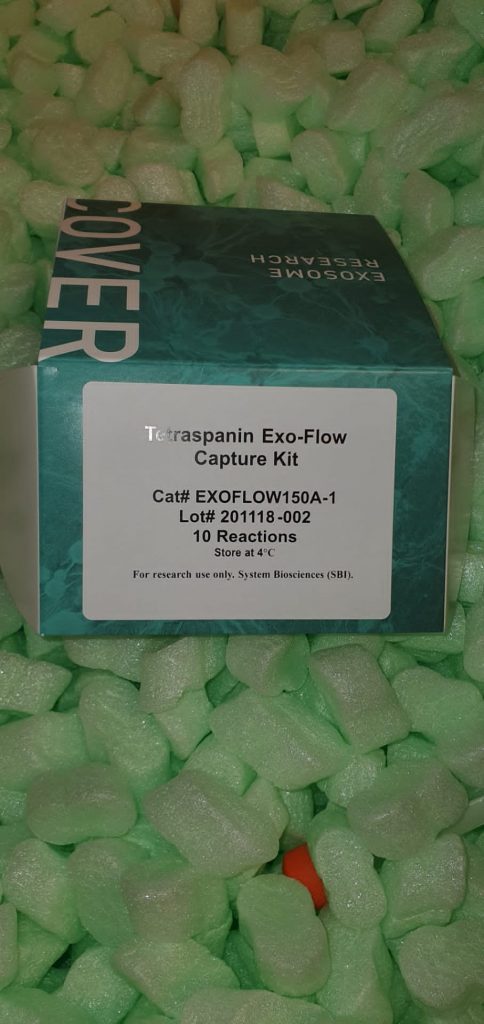Despite the effectiveness of parenting interventions in each prevention and intervention with little one emotional and behavioural issues, parental participation in evidence-based programmes stays low, limiting the profit to the inhabitants. This analysis examines a brand new inhabitants parental engagement technique for parenting programmes utilizing video testimonials through two research. The first examine in contrast the use of father or mother versus professional testimonials, in opposition to a no testimonial situation on parenting programme evaluations with 70 mother and father. The second examine in contrast professional testimonials which have been framed in a worry or non-fear context, with 73 mother and father.
Results indicated no important impact of supply of testimonial or content material of testimonial on parental evaluations of the programme or behavioural outcomes. Trends favoured professional testimonials over father or mother testimonials. Implications for inhabitants stage engagement methods are mentioned. On the event of the 150th Anniversary of the Italian Unification, the invention of some letters by Giuseppe Garibaldi – referring to a interval of thermal remedies on the Baths in Civitavecchia (Rome) – gave us the chance for writing a commentary a few not well-known expertise in the Two World Hero’s life: the quite a few remedies carried out at many Italian spa centres for treating a rheumatic pathology (in all probability a rheumatoid polyarthritis) and the outcomes of varied struggle wounds, particularly the well-known gunshot-wound in his proper ankle in the course of the Battle of Aspromonte, in 1862.
Epistemic injustice is a form of injustice that arises when one’s capability as an epistemic topic (eg, a knower, a reasoner) is wrongfully denied. In latest years it has been argued that psychiatric sufferers are sometimes harmed in their capability as knowers and undergo from varied kinds of epistemic injustice that they encounter in psychiatric providers. Acknowledging that epistemic injustice is a multifaceted drawback in psychiatry requires an satisfactory response. In this paper I argue that, provided that psychiatric sufferers deserve epistemic respect and have a sure epistemic privilege, healthcare professionals have a professional tanto epistemic obligation to take care of and/or solicit experiences of sufferers’ first-person experiences in order to forestall epistemic losses.
I focus on the character and scope of this epistemic obligation and level to at least one attention-grabbing consequence. In order to forestall epistemic losses, healthcare professionals may have to offer some sufferers with assets and instruments for expressing their experiences and first-person information, equivalent to these which have been developed inside the phenomenological method. I focus on the danger of secondary testimonial and hermeneutical injustice that the observe of counting on such exterior instruments would possibly pose and survey some methods to mitigate it.
Planning for Happenstance: Helping Students Optimize Unexpected Career Developments
Planning for and responding to happenstance is a crucial however hardly ever mentioned half of the skilled growth of medical college students. We famous this hole whereas conducting a examine of profession inflection factors of 24 physicians who regularly talked about how luck had formed their unfolding careers. A evaluation of the profession counseling literature led us to a physique of work often known as Planned Happenstance Learning Theory (PHLT). PHLT focuses on the attitudes and expertise to make happenstance a constructive pressure in one’s life. We discovered no reference to this work in the medical schooling literature and resolved to handle this hole.
We created assets for an interactive, 90-minute college growth workshop. In the workshop, the facilitator used a PowerPoint presentation, vignettes of happenstance, a scholar testimonial, and a mirrored image worksheet. We offered and formally evaluated the workshop at three nationwide conferences for well being science educators. Workshop individuals, largely college (N = 45), persistently expressed constructive regard for the workshop content material, group, and tutorial strategies, particularly the chance for guided reflection.
A retrospective pre/postevaluation revealed a significant improve in information about PHLT attitudes and expertise, in addition to a dedication to make use of these expertise in selling skilled growth. The expertise and attitudes of PHLT are related to college students’ profession growth. A workshop designed to introduce PHLT expertise and attitudes to college advisors and mentors will help put together college to advertise college students’ consciousness and use of these attitudes and expertise. However, to date, no research have investigated the advantages of narratives for conveying the relevance of SDM to medical college students.
The affect of affected person narratives on medical college students’ perceptions of shared determination making: A randomized managed trial
Successful shared determination making (SDM) in medical observe requires that future clinicians study to understand the worth of affected person participation as early as they’ll in their medical coaching. Narratives, equivalent to affected person testimonials, have been efficiently used to help sufferers’ decision-making course of. Previous analysis means that narratives can also be used for growing clinicians’ empathy and responsiveness in medical consultations. In this randomized managed experiment, N = 167 medical college students have been put right into a state of affairs the place they ready for medical session with a affected person having Parkinson illness.
After receiving normal data, individuals learn both a story testimonial of a Parkinson affected person or a fact-based data textual content. We measured their perceptions of SDM, their management preferences (i.e., their priorities as to who ought to make the choice), and the time they supposed to spend for the session. Participants in the narrative affected person testimonial situation referred extra strongly to the affected person because the one who ought to make choices than individuals who learn the knowledge textual content.
[Linking template=”default” type=”products” search=”Rabbit Uterus Frozen Sections” header=”2″ limit=”143″ start=”1″ showCatalogNumber=”true” showSize=”true” showSupplier=”true” showPrice=”true” showDescription=”true” showAdditionalInformation=”true” showImage=”true” showSchemaMarkup=”true” imageWidth=”” imageHeight=””]
Participants who learn the affected person narrative additionally thought-about SDM in conditions with a number of equal remedy choices to be extra essential than individuals in the knowledge textual content situation. There have been no group variations relating to their management preferences. Participants who learn the affected person testimonial indicated that they might schedule extra time for the session. These findings present that narratives can probably be helpful for imparting the relevance of SDM and patient-centered values to medical college students. We focus on doable causes of this impact and implications for coaching and future analysis. Trial registration: The examine was pre-registered on the pre-registration platform AsPredicted (aspredicted.org) earlier than information assortment started (registration quantity: #29,342). Date of registration: 17 October 2019.


